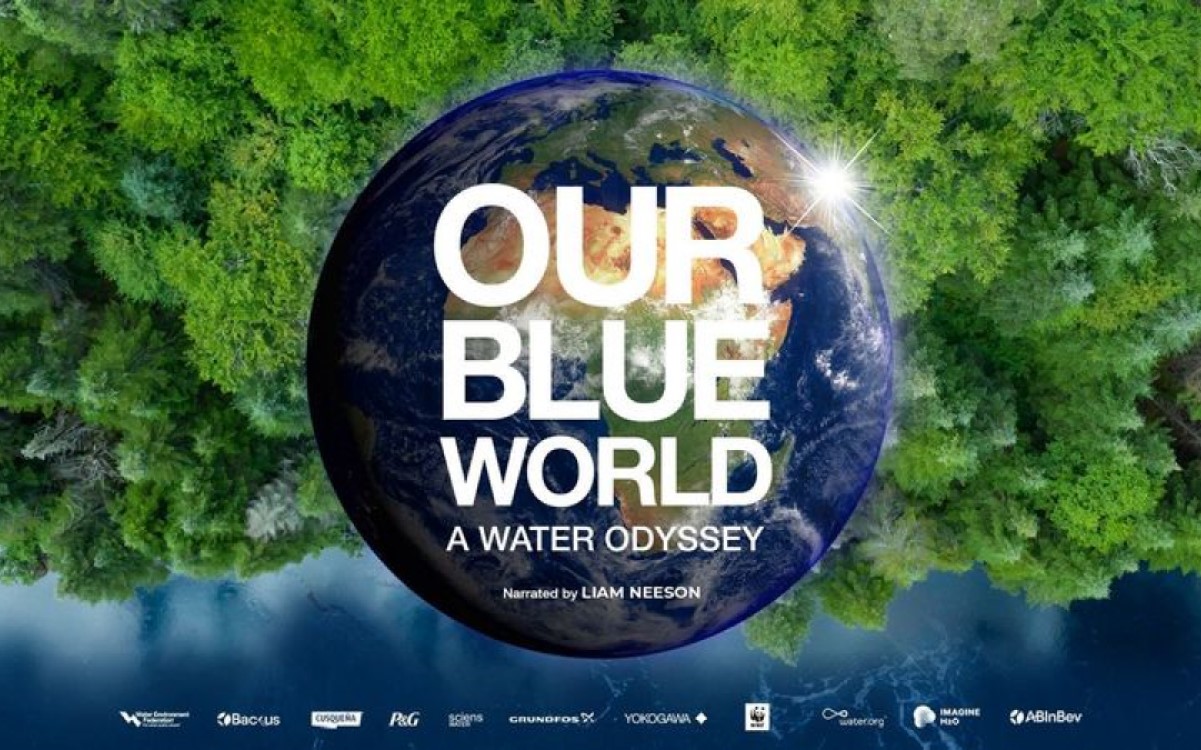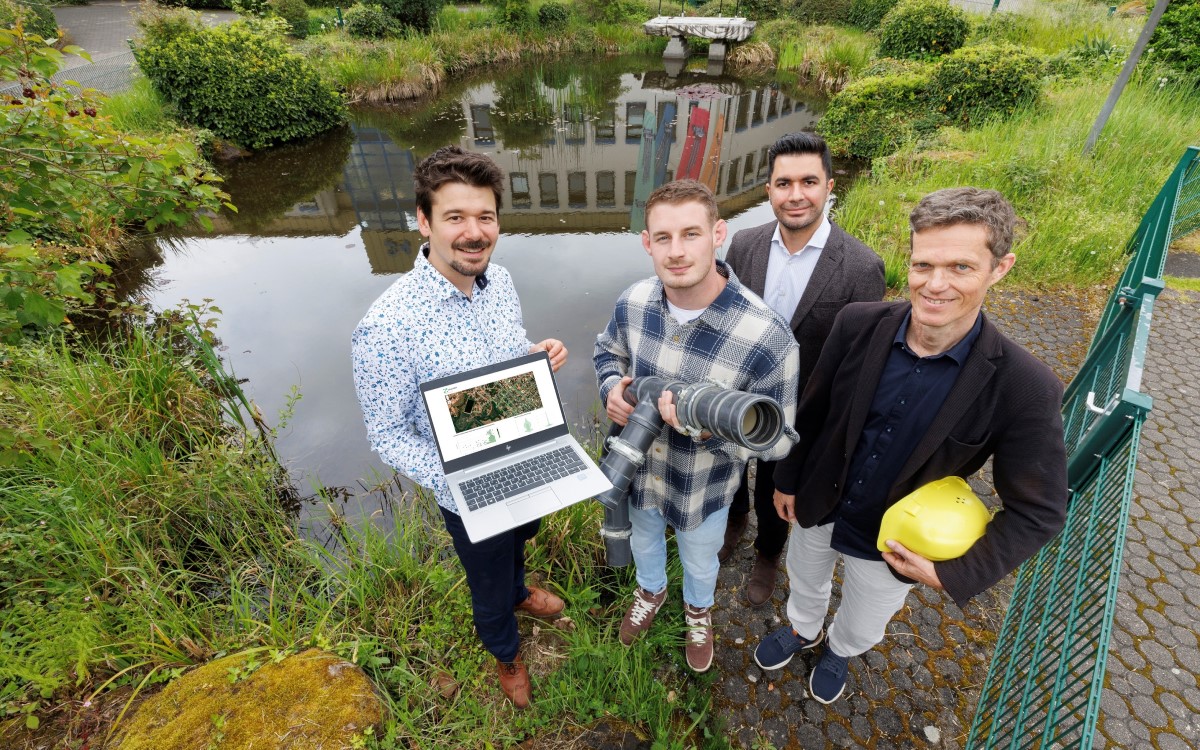August 9, 2023 Ι IFC, the private sector arm of the World Bank, signed an agreement with the government of Switzerland to begin the second phase of the Sustainable Cities program, which supports green urban infrastructure development in emerging markets.
IFC’s Sustainable Cities program provides assistance to subnational governments and private sector partners, helping them attract investments and financing for urban infrastructure projects in a range of sectors. These sectors include transport, water, wastewater, solid waste, and district energy. The program will run from 2023 to 2027 and aims to facilitate over $500 million in commercial financing for urban infrastructure projects, through non-sovereign loans, municipal bonds, and public-private partnerships (PPPs). Switzerland’s State Secretariat for Economic Affairs (SECO) is providing $19 million, which complements its earlier support for the program.
The new funding builds on the success of the first phase of IFC’s Cities program, which facilitated nearly $400 million in financing between 2018 and 2022 to improve urban infrastructure services. Climate-related investments represented 87 percent of the program’s total. The program has benefited over 1.7 million people by enabling financing for more than 10 cities, including Bogota, Colombia; Casablanca, Morocco; and Ekurhuleni, South Africa. Through the program, IFC also provided in-depth advisory services to almost 30 partners and developed tools such as the Advanced Practices for Environmental Excellence in Cities (APEX) and the E-Bus Toolkit. These tools have expanded IFC’s product offering to address pressing needs in the area of climate-resilient urban infrastructure.
“IFC’s Sustainable Cities program is well-aligned with our priority development areas and our mission to support green urban infrastructure in emerging markets,” said Dagmar Vogel, Head of Infrastructure Financing Division, SECO. “We are pleased to renew our long-standing partnership with IFC, demonstrating SECO’s strategic approach to engaging the private sector in key partner countries and regions.”
Unlock new markets in urban infrastructure
The program is in line with the World Bank’s new climate change action plan, designed to increase climate finance, strengthen climate change adaptation, and align financial flows with the Paris Agreement on Climate Change. The new phase of the program contributes to IFC’s strategy to unlock new markets, develop bankable projects, and mobilize private sector solutions and investment in emerging markets. This effort supports the delivery of IFC’s other flagship initiatives in urban infrastructure, including Utilities for Climate (U4C) and Circularity Plus. Part of the SECO funding aims to be used to assist with Ukraine’s reconstruction efforts, helping the government identify opportunities to leverage donor and public funds, and catalyze private investment.
More Information“Cities and metropolitan areas remain powerhouses of economic growth. However, they face a series of challenges in the context of rapid urbanization and climate change. These challenges have amplified existing urban challenges and need to be addressed through ramped-up investments in sustainable infrastructure, including subnational borrowing and public-private-partnerships.” said Sumeet Thakur, IFC’s Global Head for Cities, Water, and Waste. “SECO’s continued support for IFC’s Sustainable Cities program is a testament to the valuable partnership we have forged to develop climate-resilient, low-carbon urban infrastructure.”







